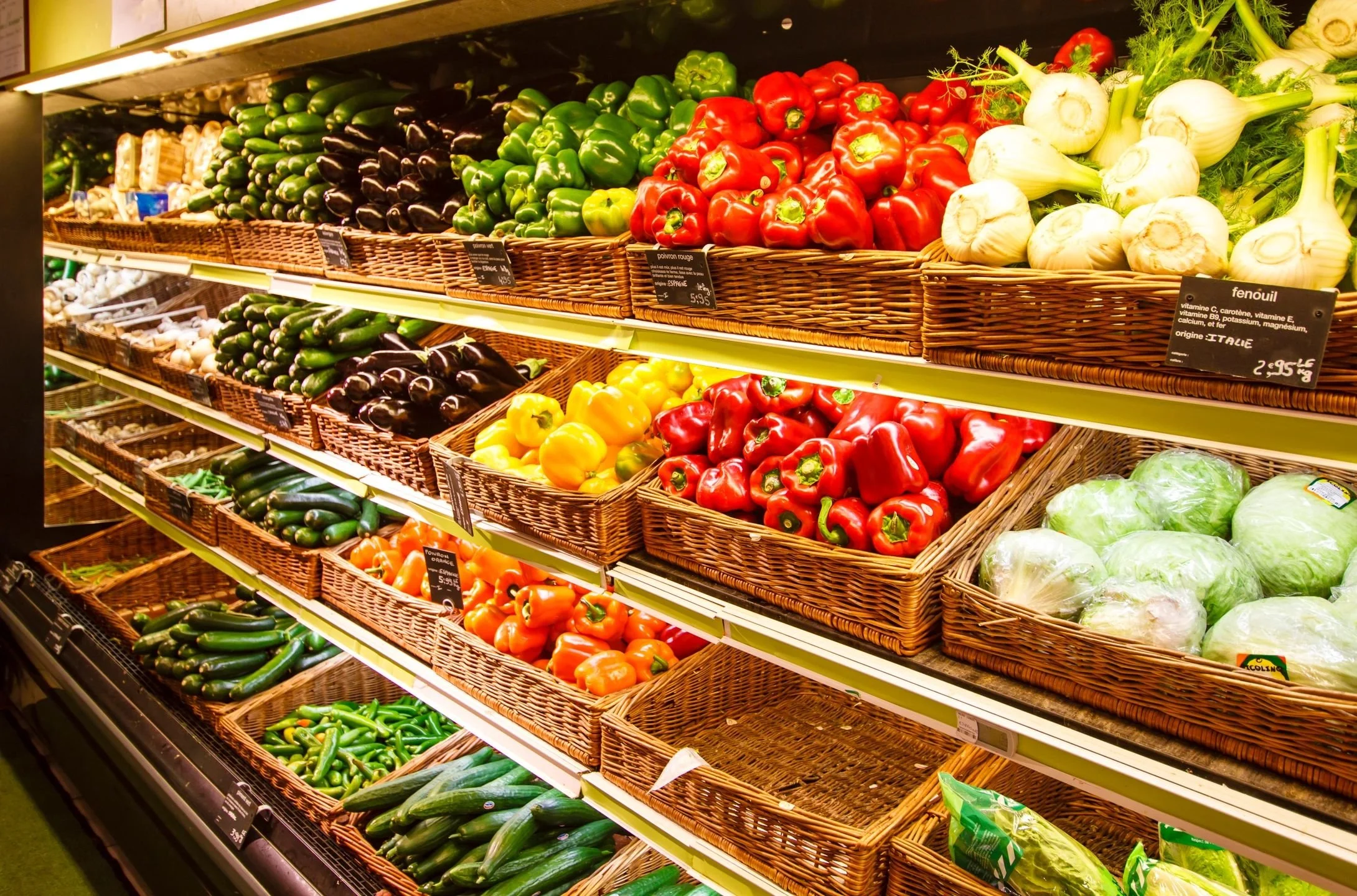Go with your gut
Here’s a great fun fact to share at your next friendly gathering: 60% of your body’s immune cells reside in your intestines. And while washing your hands is still one of the best ways to prevent the spread of disease, researchers are focusing more and more attention on how what we put in our mouths affects the microbes in our gut and risk for chronic illness.Most people think of white blood cells, lymph nodes and vaccines when asked about their immune systems. But our “microbiota” holds the key to immunity that affects the entire body. The more diverse the bacteria in your bowels, the better your health.To keep your gut happy and healthy, here are some key foods to eat and why:
- Asparagus-These pretty green stalks contain a compound called inulin, an insoluble fiber that ferments in the large intestine to produce pre-biotic “food” for probiotic/good bacteria. Artichokes and onions are also good sources.
- Bananas are not only a source of potassium and vitamin B6, they also contain pre-biotic fiber, which feeds the pro-biotic (good bacteria) in your gut.
- Beans The musical “fruit” isn’t fruit at all. Beans and legumes release short chain fatty acids, which improve the integrity of the cells in the small intestine and aid in nutrient absorption. If they make you gassy, that means they’re doing their job by fermenting fiber in your small intestine. Gas is good.
- Vegetables from the cruciferous family including broccoli, cauliflower, kale, cabbage have glucosinolates, sulfur-containing compounds that aid in reducing inflammation in the gut. Aim to eat some form of leafy greens daily.
- Fermented foods. Sauerkraut gets a bad rap for its sodium content, but if you don’t have a need to limit sodium, enjoy the German favorite. Fermented plant foods provide probiotics to improve gut flora and intestinal integrity.
- Kefir- This cultured yogurt-type drink is a quick way to get your probiotics. Unlike yogurt, it’s virtually lactose-free, making it a good option for those with lactose intolerance.
- Kimchi- Korean, fermented cabbage is a staple in Asian diets. It adds flavor and a healthy dose or probiotics.
- Kombucha- Don’t shy away from this fermented, fizzy tea. Kombucha is a great replacement for soda as it coats your gut with healthy bacteria and much less sugar. The floaty bacteria is known as “scoby”, which creates natural carbonation from fermentation.
- Miso- fermented soybean paste adds an earthy flavor to food and provides a great dose or probiotics. The darker the miso, the richer the flavor.
- Yogurt contains several strains of probiotic bacteria that keep your gut humming. Try Greek style yogurt, which has a tangy flavor and thicker consistency. It’s lower in sugar, which is also important to limit for good gut health.

